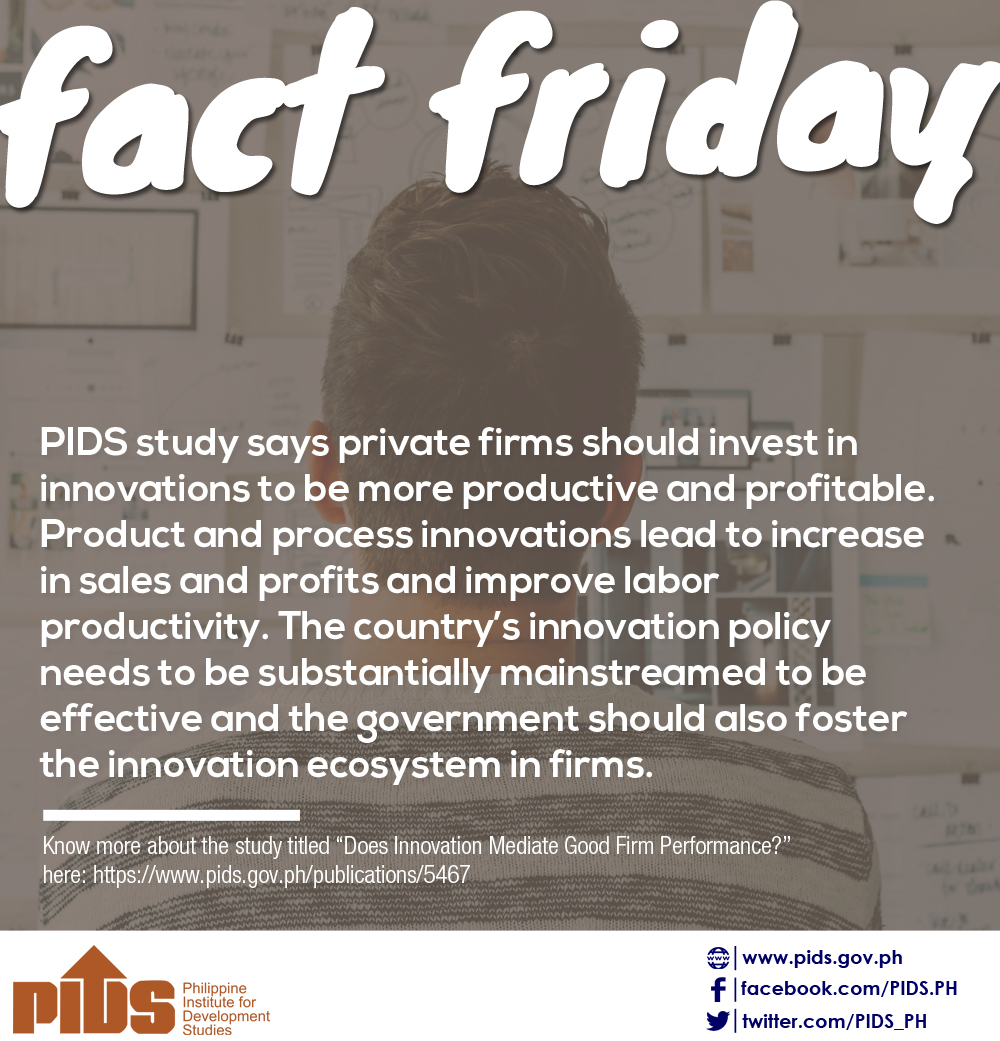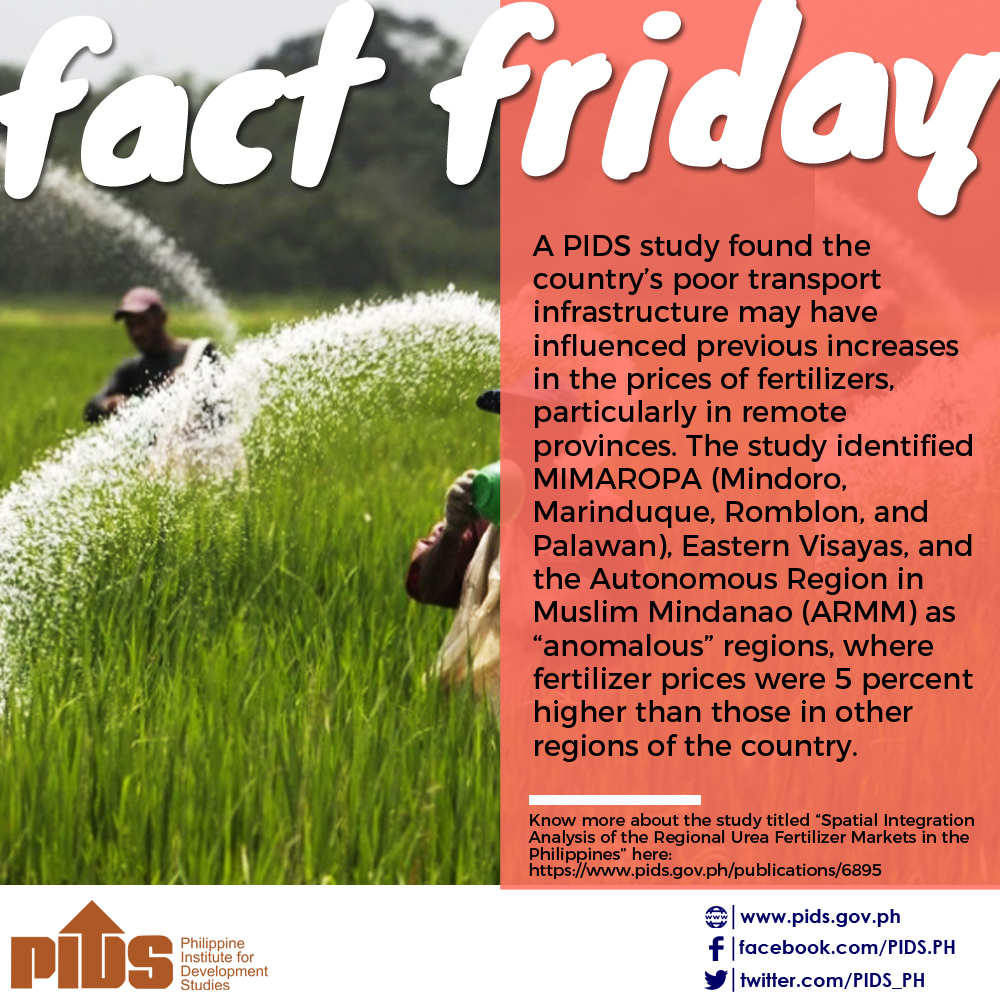CEBU CITY. -- The country’s largest fertilizer company is confident that the P30-billion industry will continue to expand.
“Agriculture is not growing as fast as the GDP (gross domestic product), the country’s farmland area is decreasing and we need to increase yields by using hybrid seeds and fertilizer,” said Takashi Sumi, president and chief executive officer of Atlas Fertilizer Corp. (AFC).
If the forecast growth continues in the next 10 years, “we have to cope up with market needs,” he said, pointing out the country’s fertilizer industry is growing at one percent to 1.5 percent each year.
Atlas is so upbeat that it is investing P1 billion over three years to update its 17-hectare, 60-year-old fertilizer plant in Toledo City, about three hours drive south of Cebu City.
It will take that time to rehabilitate because operations need to continue at the same time. Sumi expects the new facility will increase production output to at least 25 percent and even up to 40 percent.
The production target this year is 300,000 metric tons (MT), Sumi said, adding AFC has nearly half or 43 percent of the nitrogen (N), phosphorus (P) and potassium (K) or NPK fertilizer market. About a fourth or 23.7 percent of the country’s total fertilizer business is cornered by AFC.
Sumi estimates that volume-wise, the country’s fertilizer market is about 1.9 million MT annually, about 650,000 MT of that NPK fertilizer. He said AFC gets over 300,000 MT or nearly half of the NPK market.
“For the past five years, the industry, the economy and the company have been getting better,” Sumi said. “It’s been stable for us, operational-wise, and we’re riding on the good economy.”
He said AFC needs to increase capacity, “we need to rehabilitate the 60-year old Toledo plant.”
AFC’s move to expand is welcome as domestic production, which used to account for over 70 percent of net supply, is now down. Imports are mostly sourced from Southeast Asian countries and other free trade partners such as China, Japan, South Korea and Australia for which the import duty is zero, according to the Philippine Institute for Development Studies (PIDS).
AFC, which imports urea, gets 90 percent of its raw material from abroad.
For local distributors, China is the largest source of imported fertilizer. Free trade partners account for 89 percent of fertilizer imports by value, according to the PIDS. Together with the tariff exemption of agricultural enterprises, imports of fertilizers into the Philippines are effectively duty-free.
About 60 percent of local fertilizer consumption goes to food crops, mainly rice and corn. Rice accounts for nearly 40 percent of fertilizer use, followed by corn, fruits and vegetables then sugar, according to the PIDS.
AFC, which opened in 1957, is the country’s oldest fertilizer manufacturer. Now a Japanese company, AFC marked its 60th year last Tuesday and inaugurated a new admin building for 300 employees in Toledo City.
“Agriculture is not growing as fast as the GDP (gross domestic product), the country’s farmland area is decreasing and we need to increase yields by using hybrid seeds and fertilizer,” said Takashi Sumi, president and chief executive officer of Atlas Fertilizer Corp. (AFC).
If the forecast growth continues in the next 10 years, “we have to cope up with market needs,” he said, pointing out the country’s fertilizer industry is growing at one percent to 1.5 percent each year.
Atlas is so upbeat that it is investing P1 billion over three years to update its 17-hectare, 60-year-old fertilizer plant in Toledo City, about three hours drive south of Cebu City.
It will take that time to rehabilitate because operations need to continue at the same time. Sumi expects the new facility will increase production output to at least 25 percent and even up to 40 percent.
The production target this year is 300,000 metric tons (MT), Sumi said, adding AFC has nearly half or 43 percent of the nitrogen (N), phosphorus (P) and potassium (K) or NPK fertilizer market. About a fourth or 23.7 percent of the country’s total fertilizer business is cornered by AFC.
Sumi estimates that volume-wise, the country’s fertilizer market is about 1.9 million MT annually, about 650,000 MT of that NPK fertilizer. He said AFC gets over 300,000 MT or nearly half of the NPK market.
“For the past five years, the industry, the economy and the company have been getting better,” Sumi said. “It’s been stable for us, operational-wise, and we’re riding on the good economy.”
He said AFC needs to increase capacity, “we need to rehabilitate the 60-year old Toledo plant.”
AFC’s move to expand is welcome as domestic production, which used to account for over 70 percent of net supply, is now down. Imports are mostly sourced from Southeast Asian countries and other free trade partners such as China, Japan, South Korea and Australia for which the import duty is zero, according to the Philippine Institute for Development Studies (PIDS).
AFC, which imports urea, gets 90 percent of its raw material from abroad.
For local distributors, China is the largest source of imported fertilizer. Free trade partners account for 89 percent of fertilizer imports by value, according to the PIDS. Together with the tariff exemption of agricultural enterprises, imports of fertilizers into the Philippines are effectively duty-free.
About 60 percent of local fertilizer consumption goes to food crops, mainly rice and corn. Rice accounts for nearly 40 percent of fertilizer use, followed by corn, fruits and vegetables then sugar, according to the PIDS.
AFC, which opened in 1957, is the country’s oldest fertilizer manufacturer. Now a Japanese company, AFC marked its 60th year last Tuesday and inaugurated a new admin building for 300 employees in Toledo City.








